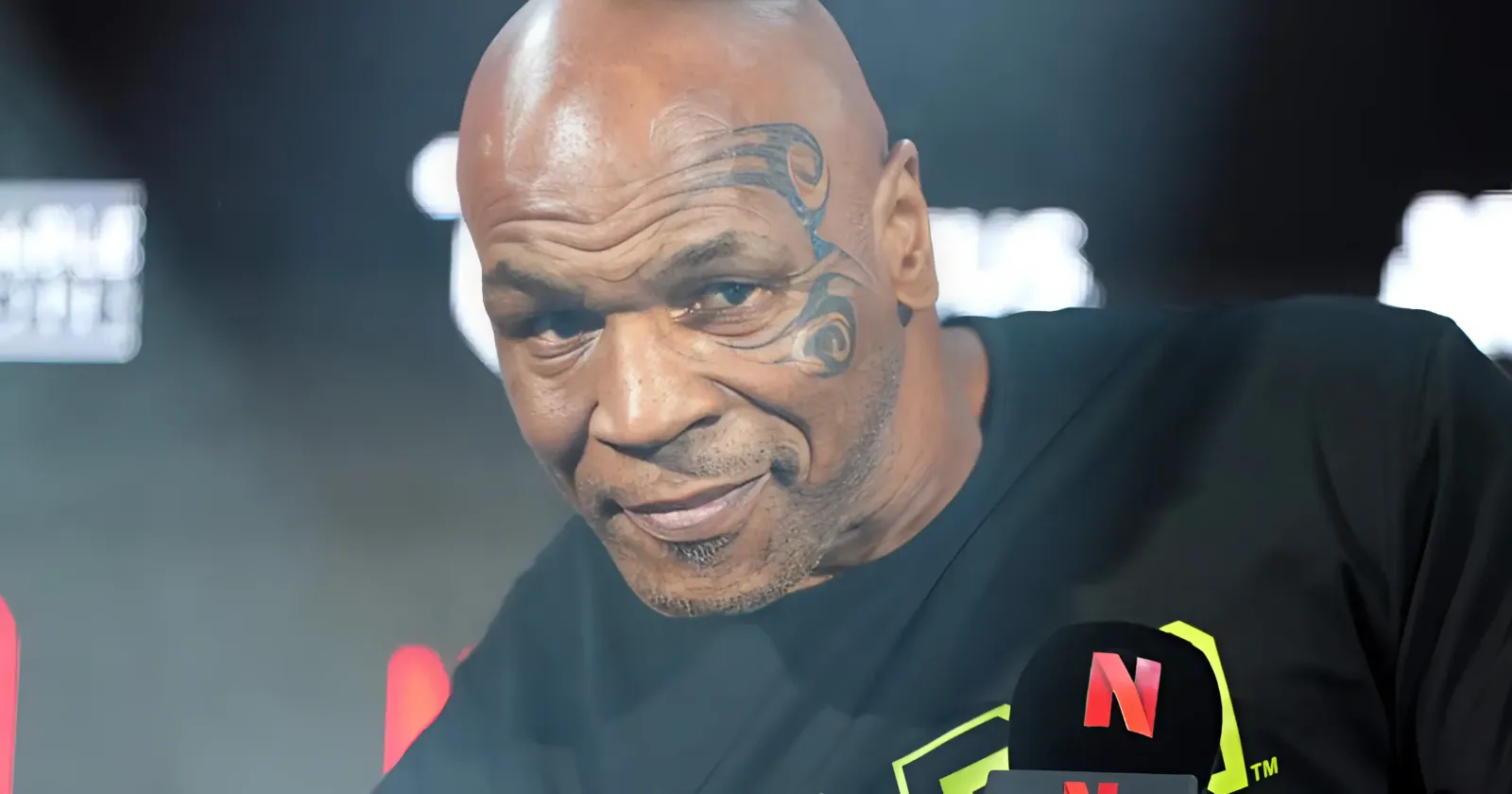Mike Tyson was targeting a lucrative fight with Vitali Klitschko when he was matched with Danny Williams, a 9-1 underdog, in Louisville, Kentucky, in July 2004.
Brixton’s Williams, then 31, had even been told by his then-manager Frank Warren that those offering him the biggest fight of his career were looking at him as the “fall guy” needed to continue rebuilding Tyson’s reputation after his loss to Lennox Lewis in 2002.
Tyson had since stopped the little-known Clifford Etienne inside a round, but Williams, one of Britain’s leading heavyweights, was seen as the profile of fighter Tyson required victory over to build the fight with Klitschko into one he could be considered capable of winning. The American would not only also be fighting in the hometown of Muhammad Ali – by confronting Williams at the Freedom Hall he would be fighting where Ali, then know as Cassius Clay, in 1960 outpointed Tunney Hunsaker on the occasion of his professional debut.
In a demonstration of the 38-year-old Tyson’s enduring commercial appeal, 18 years after he won his first world heavyweight title he was paid $7m by the promoter Chris Webb. Williams was to receive what was then his highest ever purse of $250,000; Tyson, regardless, then had a bankruptcy schedule of $38m; Webb had a cocaine conviction and four recent theft charges, and was due in court days after the fight he was promoting for allegedly breaking an order of domestic-violence.
“Danny lived in fear of losing against somebody he was meant to beat, so when he was going in against someone he wasn’t meant to beat, like Mike Tyson, he felt no pressure at all,” Williams’ trainer that night, Jim McDonnell, told talkSPORT. “He felt absolutely fantastic. [But] when he went into fights he was expected to win he didn’t like it.
“I knew Danny’s ability. Everyone knew Tyson was a phenomenal fighter; they never knew Danny was a phenomenal fighter. I did. So I knew it weren’t what everyone was thinking it was going to be.”
Tyson had long been at his most dangerous in the opening rounds. Against Lewis he had offered little after Lewis resisted his early assaults; two years before then he won inside two against Julius Francis, but Francis had been told by his trainer Mark Roe that if he could survive the early rounds he could win late on.
“In preparation for that fight, it weren’t just getting his body right, it was getting his mind right,” continued McDonnell, who as an active fighter in 1989 caused an upset when stopping Barry McGuigan in the Irishman’s final fight. “I brought sparring partners in, who was only doing two rounds, but they was going for the knockout.
“Tyson’s the best two-round fighter of all time. [Muhammad] Ali; Joe Frazier; George Foreman. He’s in that same bracket.
“All the odds was against us. It was in America. It was in Louisville, Kentucky – my reason for starting boxing was Muhammad Ali. I looked up to him – my dad [Marcus] was a big fan – I used to get up in the middle of the night and listen to his fights.
“We’d be able to outlast him. We’d be able to out-run him; able to out-bench press him; able to out-push him. But it’s getting his mind ready with the body – and that was a game-changer.”
Regardless of the condition in which Williams arrived in the US, Warren had to threaten to cancel his biggest fight. The $80,000 pre-fight deposit the heavyweight had been contracted to receive still hadn’t arrived even as he weighed in at 18 stones 13 lbs, and therefore 32lbs heavier than “Iron Mike”.
Their fight proceeded only once Webb promised the evening’s takings at the box office, which – partly because the culture in the US is such that tickets are often bought at the 11th hour – totalled $70,000. Andy Ayling, long one of Warren’s most trusted staff, was still counting the cash as the opening bell rang – by when Williams had also dreamed that he would knock Tyson out.
The American’s preparations had been overseen by the great Freddie Roach, the revered hall-of-fame trainer later behind the rise of Manny Pacquiao, yet, as was predicted by McDonnell and more, he proved dangerous only early.
“Even when that first-round uppercut almost lifted me off my feet I never doubted I was going to win,” Williams would later say. “I’d prepared myself to be in a war. I was ready to get hurt.”
“In the gym he’d had two sparring sessions identical to that,” said McDonnell. “He got clobbered in sparring, heavy, and come through. I said to him in the corner, ‘Dan, remember in the gym?’”
Tyson had hurt Williams and immediately threatened the stoppage, landing with power to both head and body and leaving a fighter who had once fought and won with one arm after dislocating his shoulder struggling to survive. Williams was still hurt when he returned to his corner, and was hurt again in the second, during which Tyson expended a similar amount of energy.
“I’d said to Danny, ‘You don’t throw a punch unless you throw a feint – he’s so fast on the counterpunch’,” McDonnell recalled. “Tyson became occupied.”
Tyson was then hurt – truly hurt – for the first time by Williams in the fourth. The American had instinctively continued to attack but there had been a change in momentum; he was fading, and Williams was growing in authority. Tyson had injured his knee in the opening round, and in the same way that his reduced mobility had hindered his attacks, he was increasingly unable to keep Williams off, and was sent to the canvas and counted out.
“It was Danny being brave – not losing the fight before he got in the ring,” McDonnell said. “It showed on fight night.”








